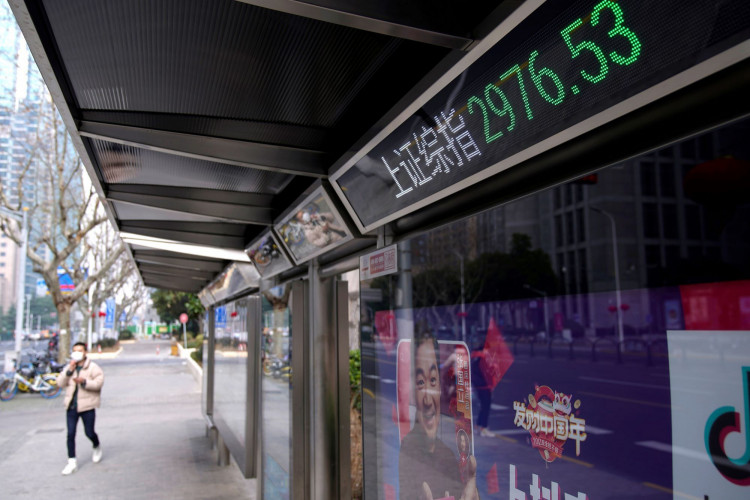China stocks have finally stabilized after incurring tremendous losses of value in the last week. Traders remain reluctant over the recovery, but the equities have started to gain momentum.
The Shanghai Composite Index (CSI) experienced a decline of two of its stocks since for the advances it made last week. The improvement was subsequent to the 720 billion USD losses the Chinese shares incurred. The drop was said to be the largest that Chinese shareholders experienced on a net basis.
It was measured that 10-days' worth of swings have climbed to its highest since October 2018. Although the Chinese equity market has been volatile in recent years, the decline was labeled as a rare magnitude. The CSI 300 index only garnered a decrease by 7.5 percent compared to its 15-year history.
The decline was said to be worse than the values of the financial market during 2015. During that time, the Chinese Yuan devaluated in August where the benchmark fell by 7.1 percent in a span of a day.
Investors still continue to grasp wider swings in stocks due to Beijing's supportive measures and economic factors in China that constantly threaten its economy. This Tuesday, stocks are at their cheapest while most stopped short of forecasting any rebound. About 135 of those stocks are still trading a limit down.
According to a fund manager at Shin Kong Investment Trust in Taipei Sean Lee, Chinese markets may still experience a downfall in the coming weeks. Lee's company was said to purchase from Chinese suppliers to market players such as Tesla Inc. After its shares grew up overnight.
He added that the rebound was merely due to the market's sharp decline last Monday. He claimed that is was just a short breather for Chinese financial markets and that funds will still soar to stocks in the short-term. However, the long-term effects of China's economic problems may not still materialize this early in the year.
The CSI 300 lost about 7.9 percent last Monday since Mainland China opened its financial markets for the first time since January 23, 2020. Only 162 of the 4,000-off stocks in Shanghai and Shenzhen incurred losses while the rest of the 90 percent dropped by the maximum allowed value based on the country's exchanges.
Those that had trading limit down was referred to as those that would take days for investors to execute their order. China then set the daily value of the Yuan stronger than the seven-per-dollar threshold last Thursday.
According to Forbes, Chinese markets closed eight percent down on its first day of trading since the extension of the Lunar New Year holiday. It was then revealed that the almost 400 billion USD share selloff showed that majority of the stocks were suspended after reaching the 10 percent daily volatility limit.
The report claimed that China's central bank tried to ease the negative impacts of its economic troubles by offering a 173 billion package last Sunday. This was said to offer liquidity in its banking system and its currency market.





